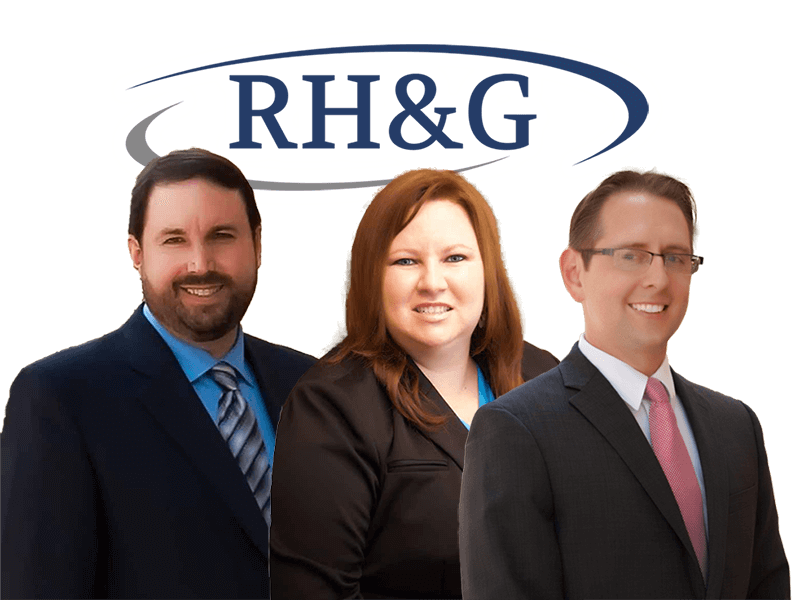Fifty-seven years ago, the University of Miami started an annual estate planning conference, known as the Heckerling Institute on Estate Planning. As the conference grew, it eventually moved to the Fontainebleau Hotel in Miami Beach (the hotel where they filmed part of the James Bond movie Goldfinger). In the early 2000s, the annual event became so popular that it outgrew the Fontainebleau, and the school moved the event to Orlando (where it is currently held to this day).
The event now has close to five thousand attendees annually. Every January, allied professionals in estate planning take over the entire Marriott World Center for one week. Attorneys, accountants, appraisers, trust officers and financial professionals from all fifty states, Puerto Rico, Canada, England, Switzerland, Israel, Germany, Barbados, and the District of Columbia, attend in person for five days of continuing education credits and networking. A large hall of vendors ranging from charitable organizations to trust companies to book/software providers are also in attendance at the event.
This year, Revis, Hervas and Goldberg P.A. sent two attorneys to the event. Topics for this year focused on: The Secure 2.0 Act; Inflation Reduction Act; lessons in estate planning for the middle rich; trust situs issues; installment obligations; firing clients; and the United States Department of Treasury Greenbook, which focuses on tax proposals for the upcoming year(s). Annual presentations on fiduciary case law update, issues in elder affairs, retirement account planning, and charitable planning were also included.
Let’s start with a discussion on a topic that could affect almost everyone who is not yet retired. The Secure 2.0 Act has many aspects to it but some of the most interesting deal with retirement planning:
- The new maximum ages to start taking the required minimum distributions from a retirement account will be age 73 in 2022, age 74 starting in 2029, and age 75 starting in 2033.
- Additional catch-up contributions to retirement accounts will be allowed for those individuals between the ages of 60 and 63.
- Leftover amounts from a 529 college savings plan (up to $35,000) that are at least fifteen years old can be rolled over into a Roth IRA.
- The penalty for failing to take a required minimum distribution from an IRA will decrease from 50% to 25% and could even be 10% if the issue is resolved timely.
The Secure 2.0 Act also increases the ability to make charitable gifts from your retirement account and allows for retirement funds to be used for emergencies, penalty-free in certain cases.
Another interesting topic from the Institute was the new Corporate Transparency Act of 2021. This is the United States answer to all of the anti-money laundering laws that have been enacted in Europe recently. This act goes into effect in 2024. Under this new act, most entities that register with the state, (in Florida that would be with the Florida Secretary of State a.k.a. the Division of Corporations) would be required to also register with the BOSS National Registry (Beneficial Ownership Secure System). There are certain entities that do not have to register, including most tax-exempt organizations, government entities, trusts, banks, accounting firms, insurance companies and large operating companies (defined as having twenty or more full time employees and gross income of over $5,000,000 in the last filed tax return). The BOSS registry will become a national database of beneficial owner information. However, this database is not accessible to the public. The information expected to be needed to file will include legal name; birthday; address; and picture identification. The process is expected to begin on January 1, 2024, for new entities, and all existing entities will have until January 1, 2025, to register. Limited Liability Companies, Partnerships, Corporations and Limited Liability Partnerships will likely need to register.
Next month’s blog will discuss estate planning for the middle rich and will include a few summaries from some interesting court cases from the last 12 months

